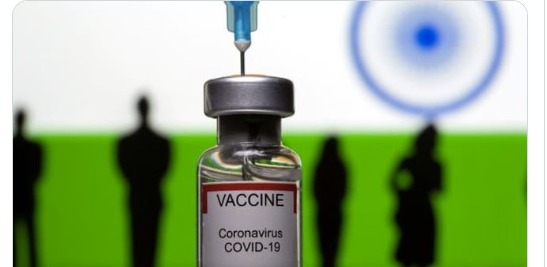Supreme Court to Review Petition on Covishield Vaccine’s Rare Side-Effects; Calls for Expert Panel and Compensation

Supreme Court to Review Petition on Covishield Vaccine's Rare Side-Effects; Calls for Expert Panel and Compensation
The Supreme Court is set to address a petition regarding a rare side-effect associated with the Covishield COVID-19 vaccine, developed by AstraZeneca and Oxford University and manufactured by the Serum Institute of India. While a hearing date has yet to be scheduled, Chief Justice DY Chandrachud has acknowledged the issue, which involves demands for an expert panel to investigate the side-effects and provide compensation for affected families.
The petitioner calls for an expert panel to investigate both the reported side-effect and other potential risks, with monitoring by a retired Supreme Court judge. Instances of vaccine recipients experiencing disability have been cited, prompting calls for government compensation. AstraZeneca recently acknowledged that its vaccine could, in rare cases, lead to thrombosis with thrombocytopenia syndrome (TTS), causing blood clots and low platelet count.
Legal action has been initiated in the United Kingdom by Jamie Scott, who claims to have suffered a permanent brain injury from a blood clot post-vaccination.
Despite these concerns, regulatory agencies worldwide, including the WHO, assert that the benefits of vaccination outweigh exceedingly rare side effects.
Covishield, utilizing a viral vector platform rather than mRNA technology, employs a modified chimpanzee adenovirus (ChAdOx1) to transport the COVID-19 spike protein into human cells. While this vector cannot cause illness in recipients, it effectively trains the immune system to defend against similar viruses.










